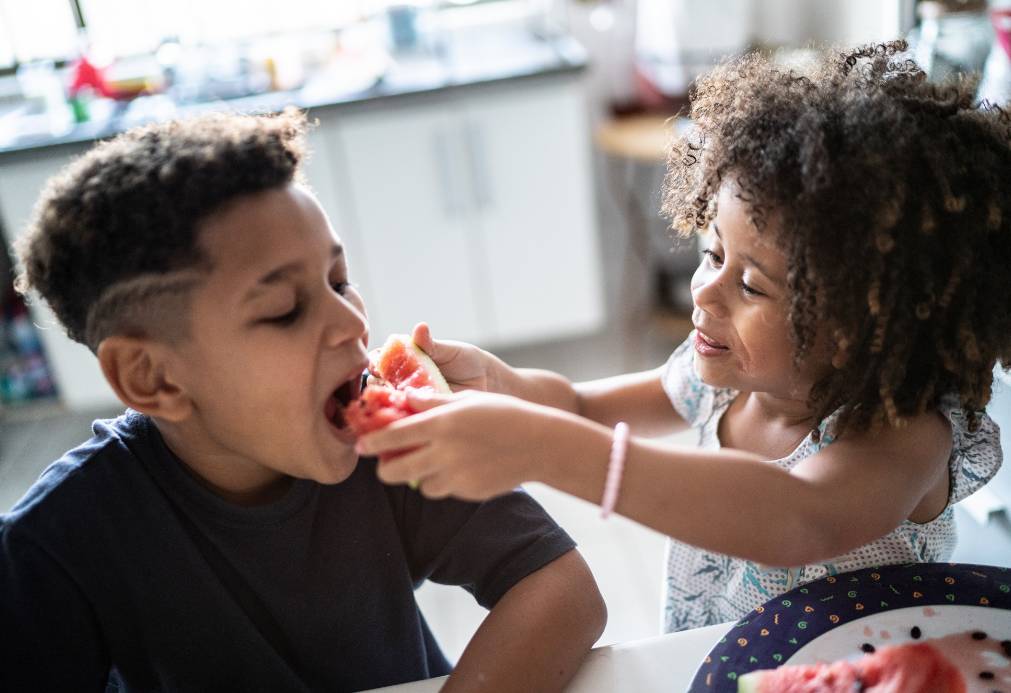Our Responsive Feeding Therapy Program
Responsive Feeding Therapy (RFT) is flexible, prioritizes the feeding relationship, and respects and develops autonomy. RFT is based on what works with happy, self-directed eaters who enjoy eating, are confident in their eating skills and are internally motivated to eat enough. RFT is guided by a sensitive reading of a child’s cues and celebrates mealtimes and a love of food. The child will always have autonomy, and within that autonomy they can find the curiosity and confidence to try new food experiences.












